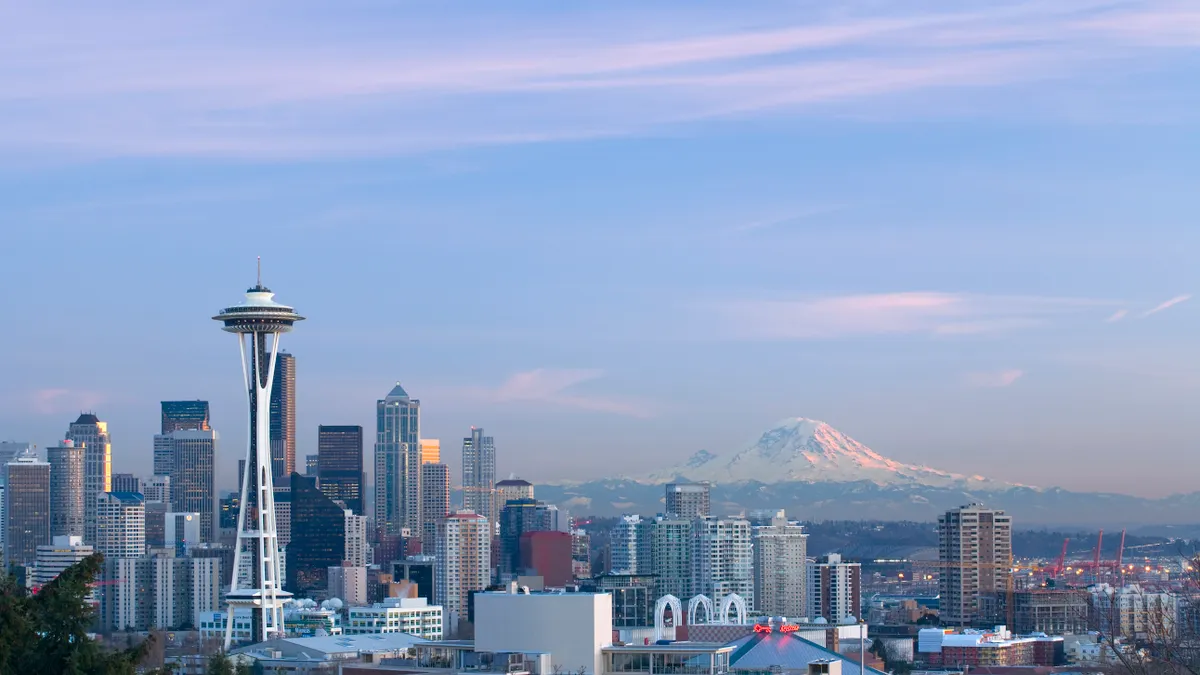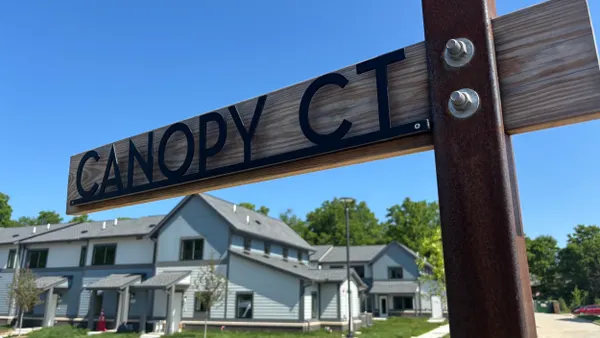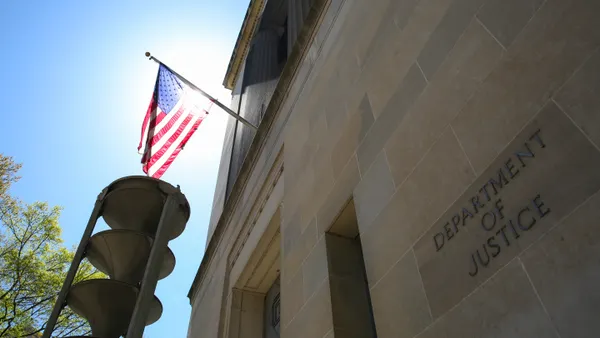Dive Brief:
-
Seattle voters are likely to pass a ballot initiative to create a public development authority for affordable housing, with 57% approving the measure as of Feb. 22. Voting in the special election, which included other measures, ended Feb. 14. King County, Washington, will publish the final results on Friday afternoon.
-
Initiative 135 creates a publicly-owned organization, the Seattle Social Housing Developer, to develop, own and maintain housing for those earning up to 120% of the area's median income, which was $120,907 for a family of four in 2022. Rents are capped at 30% of income.
-
“Our communities just took a once-in-a-generation step toward fixing our housing crisis,” Seattle City Councilmember Tammy Morales said in a statement.
Dive Insight:
Seattle has dealt with high rental prices in recent years, with the typical monthly rent costing $2,153 in January, according to Zillow.
Now it’s turning to “social housing” to address the problem. According to House Our Neighbors!, a political committee that backed the proposal, social housing is publicly financed and controlled, permanently affordable, mixed-income and provides residents with some democratic control over their homes. Similar arrangements are common in Europe; more than 10% of the housing stock is social housing in Austria, Denmark, Finland, France, Iceland, Ireland, the Netherlands and the United Kingdom.
In addition to setting income limits and rent caps, the ordinance provides 18 months of startup support from the city for the Seattle Social Housing Developer, including in-kind support such as staffing and office space.
However, Initiative 135 did not include a funding mechanism, potentially leaving it up to the state to find the estimated $750,000 it will cost to get it off the ground.
“The social housing developer needs to staff up immediately and we will be there every step of the way to ensure that the Council funds these positions in the next supplemental budget,” Tiffani McCoy, advocacy director at Real Change, said in a statement. Real Change, which advocates for economic, racial and social justice, oversees House Our Neighbors!.
State Rep. Frank Chopp, D, told the Seattle Times he would submit a budget request to the House Appropriations Committee to help secure more startup funds for the developer. Eventually, the Seattle Social Housing Developer could apply for grants, accept philanthropic donations and issue municipal bonds to fund its operations.
The ordinance also establishes a process for conducting a feasibility study to determine housing needs and whether to transfer publicly-owned properties to the Seattle Social Housing Developer.
In 2021, a study carried out by the city found that Seattle needed almost 21,000 additional rental units for people making up to 80% of the area median income, or less than $97,000 for a family of four, as new home construction struggled to keep up with demand and housing costs grew faster than incomes. It also found that more than 34,000 people earning less than $40,000 annually were commuting more than 25 miles to work in Seattle.
“This is an indicator of workforce housing needs that are not being met in Seattle,” the report said.
Opponents, which had included the more than 190-member Housing Development Consortium, said the Seattle Social Housing Developer would compete with other affordable housing providers for public money. HDC advocates for affordable housing in the area.
“The primary constraint on our ability to scale proven affordable housing models is the limited public resources available to fund affordable housing,” HDC said in a statement last April. “We do not need another government entity to build housing when there are already insufficient resources to fund existing entities.”
However, the organization has since softened its position.
“Within our association, we have members that have different thoughts and approaches to solutions. and that difference in thought and approach really applies to initiative 135, which is why as HDC, we remain neutral to this ballot measure,” Patience Malaba, HDC executive director, told King 5 News in January.











